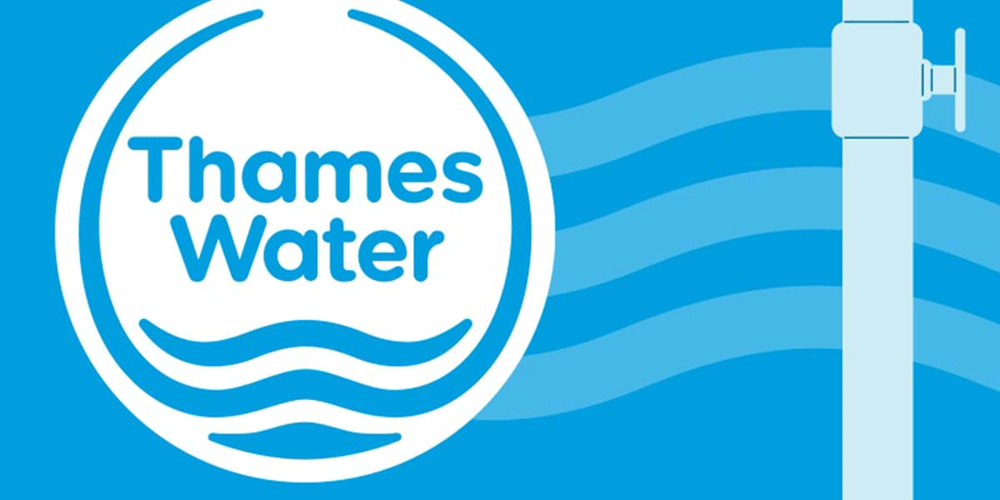The government has said it is prepared for a “range of scenarios” following reports that Thames Water could be on the brink of collapse.
Ministers declined to comment on the company’s situation, but said regulator Ofwat monitored “the financial position” of all water firms.
Thames Water is under pressure over its performance and reportedly struggling under £14bn of debt. It said it is working to raise the funds it needs to improve the firm.
“Ofwat is being kept fully informed on progress of the company’s turnaround [plan] and engagement with shareholders,” it said.
“Thames Water continues to maintain a strong liquidity position, including £4.4 billion of cash and committed funding.”
Whatever happens to Thames Water, which is the UK’s biggest water firm, providing water for 15 million people in London and the South East, its water supplies will continue uninterrupted.
According to Sky News and the Financial Times, the company is in talks with ministers and Ofwat about contingency plans for the business.
One option would be placing Thames Water in a special administration regime (SAR), which would see it temporarily taken over by the government.
This route was most recently taken with energy supplier Bulb after it ran into financial difficulties.
When asked about the reports, the Department for Environment, Food and Rural Affairs (Defra) said it was “a matter for the company and its shareholders”.
It added: “We prepare for a range of scenarios across our regulated industries – including water – as any responsible government would.
“The sector as a whole is financially resilient. Ofwat continues to monitor the financial position of all the key water and wastewater companies.”
The business is yet to comment on the speculation over its future.
On Tuesday, Thames Water’s chief executive Sarah Bentley quit the business after just two years in the job. It came weeks after she was asked to forgo her bonus over the company’s handling of sewage spills.
The firm has not given a reason for her departure, but it comes amid questions over the company’s financial stability.
It has been under pressure to improve its performance amid criticism of its handling of sewage contamination and leaks.
The firm leaks more water than any other water company in UK, losing the equivalent of to 25 Olympic size swimming pools every day from its pipes.
Last year Thames Water’s owners – a consortium of institutional investors – pumped £500m into the business and pledged a further £1bn to help it turn things around.
But reports suggest the firm is struggling to raise the remaining cash which it needs to pay down debts.
In its statement it said: “Thames Water is continuing to work constructively with its shareholders in relation to the further equity funding expected to be required to support Thames Water’s turnaround and investment plans.”
There have been long running concerns at Ofwat, the water company regulator, over Thames Water’s ability to service that debt and raise the huge amounts of cash needed to modernise its infrastructure amid rising inflation and higher interest rates.
For the last five years, its owners have backed the decision not to pay any dividends to external shareholders.
Water bills have been on the rise, with the annual bill for an average household in England and Wales hitting £448 in April.
Bills are set to rise again in 2025 by about £42 per household on average over a “long time frame”, former Environment Secretary George Eustice said on Wednesday.
It came after the Times reported bills could rise by as much as 40%, a figure Mr Eustice dismissed.
“That figure [40%] is something that the industry has put out and it is probably because they are about to commence their negotiations with Ofwat and I think that the figure will be far lower than that when it comes to it,” he told the BBC’s Today program.
